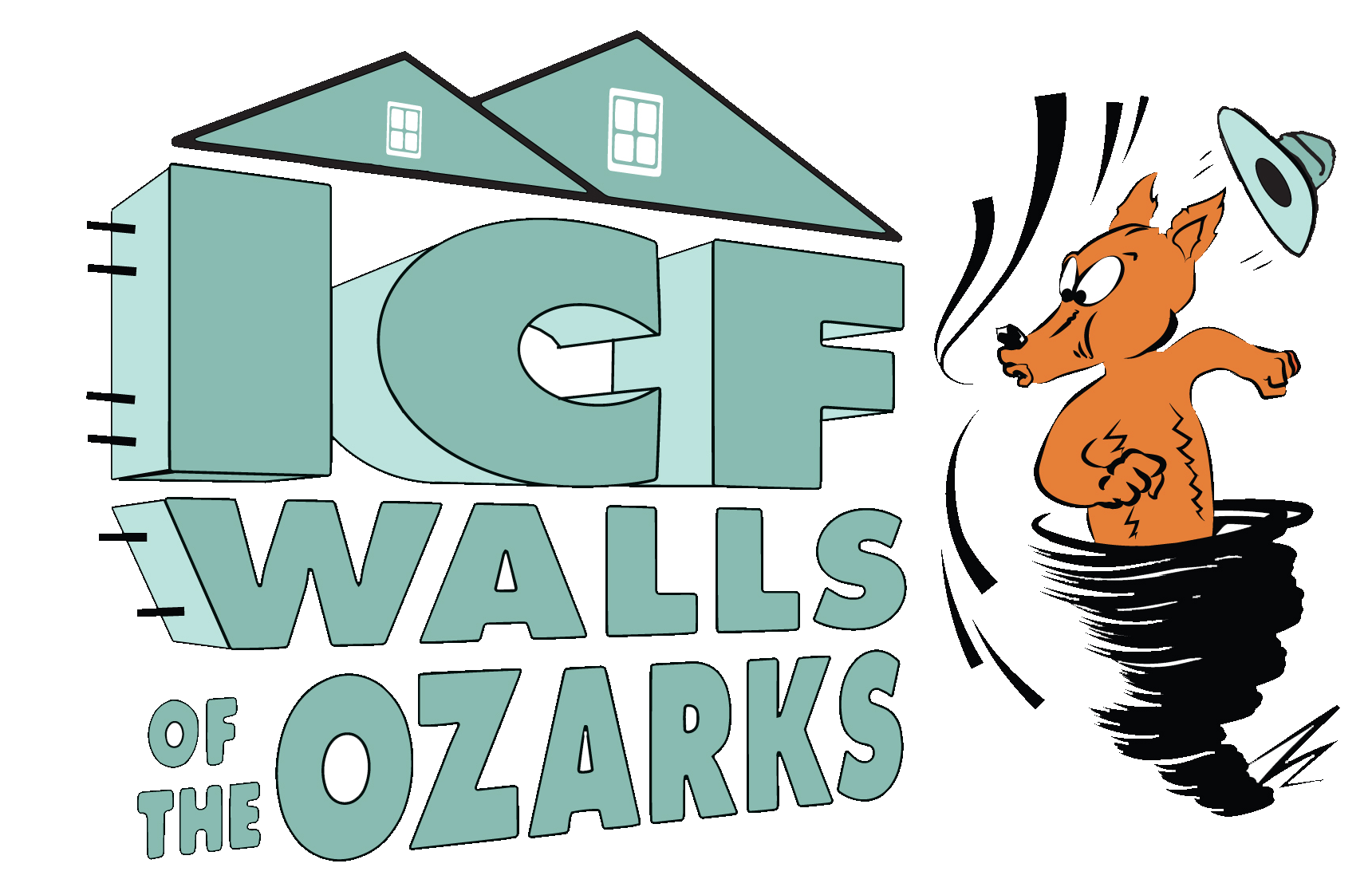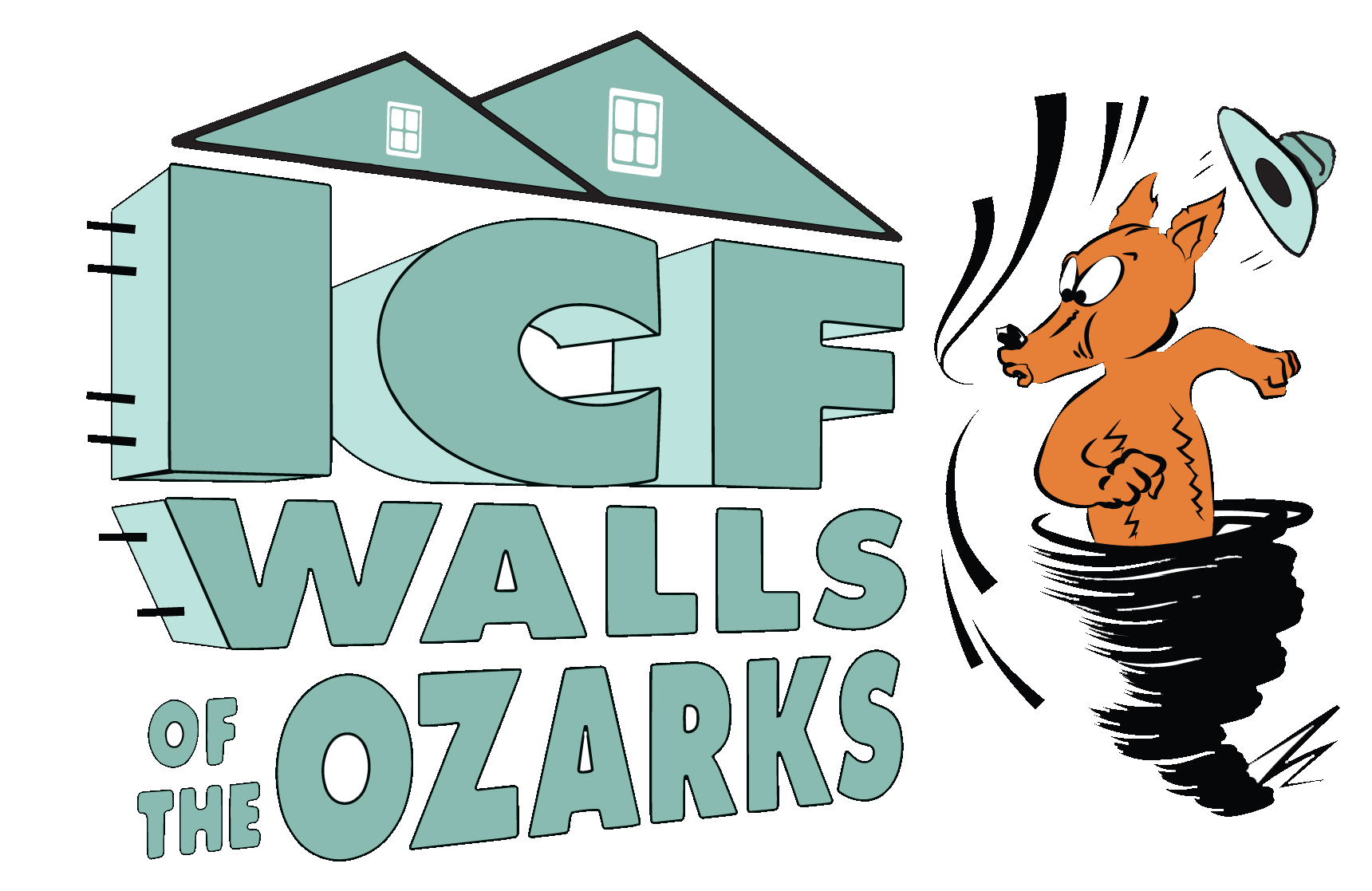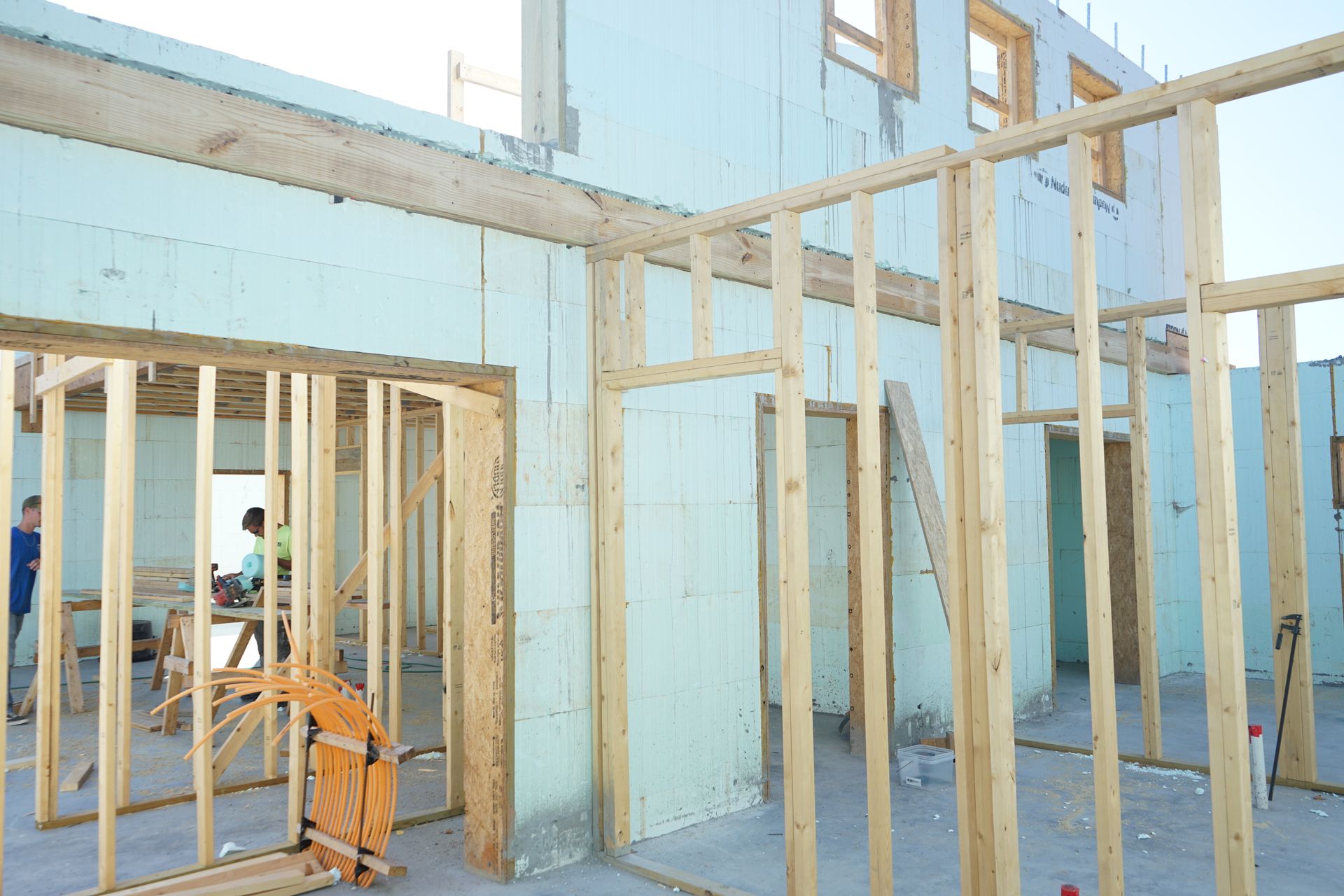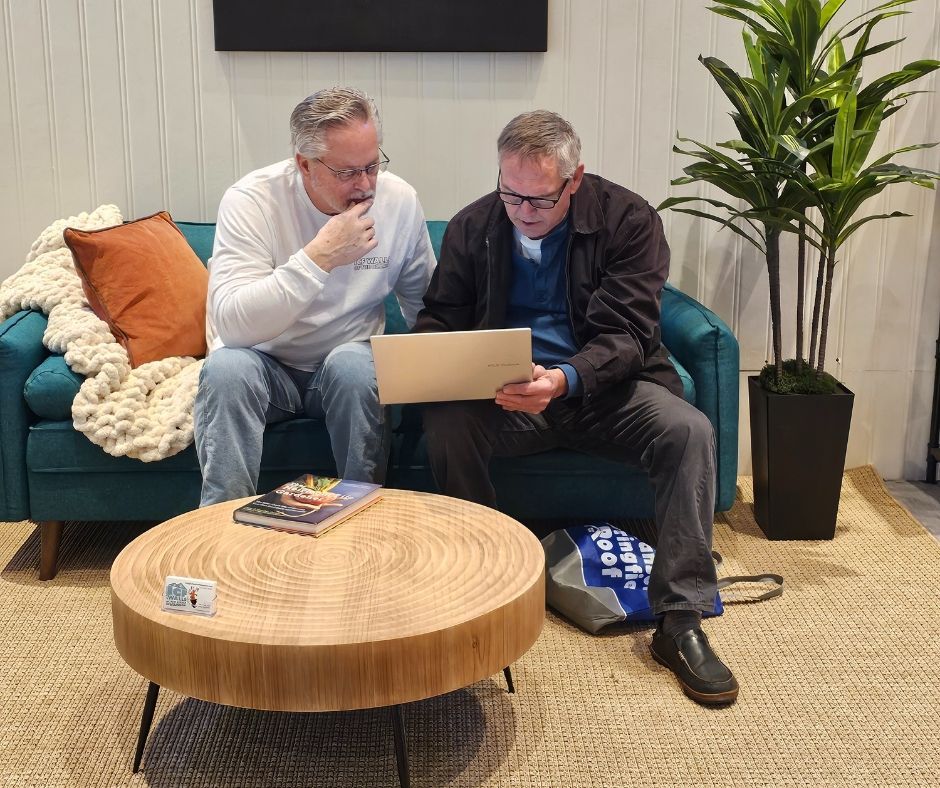The Home Insurance Crisis: Why ICF Construction is the Best Solution
The Home Insurance Crisis: Why ICF Construction is the Best Solution
The home insurance market is in crisis, especially in areas prone to wildfires, hurricanes, and other natural disasters. With insurance companies pulling out of high-risk states like California or drastically raising premiums, homeowners are left scrambling for coverage. As traditional homes become harder to insure, ICF construction is emerging as the top choice for disaster-resilient homes in Springfield, MO. Let's explore the advantages of ICF homes and why they are the best choice to safeguard your investment and ensure long-term stability in this shifting insurance landscape.
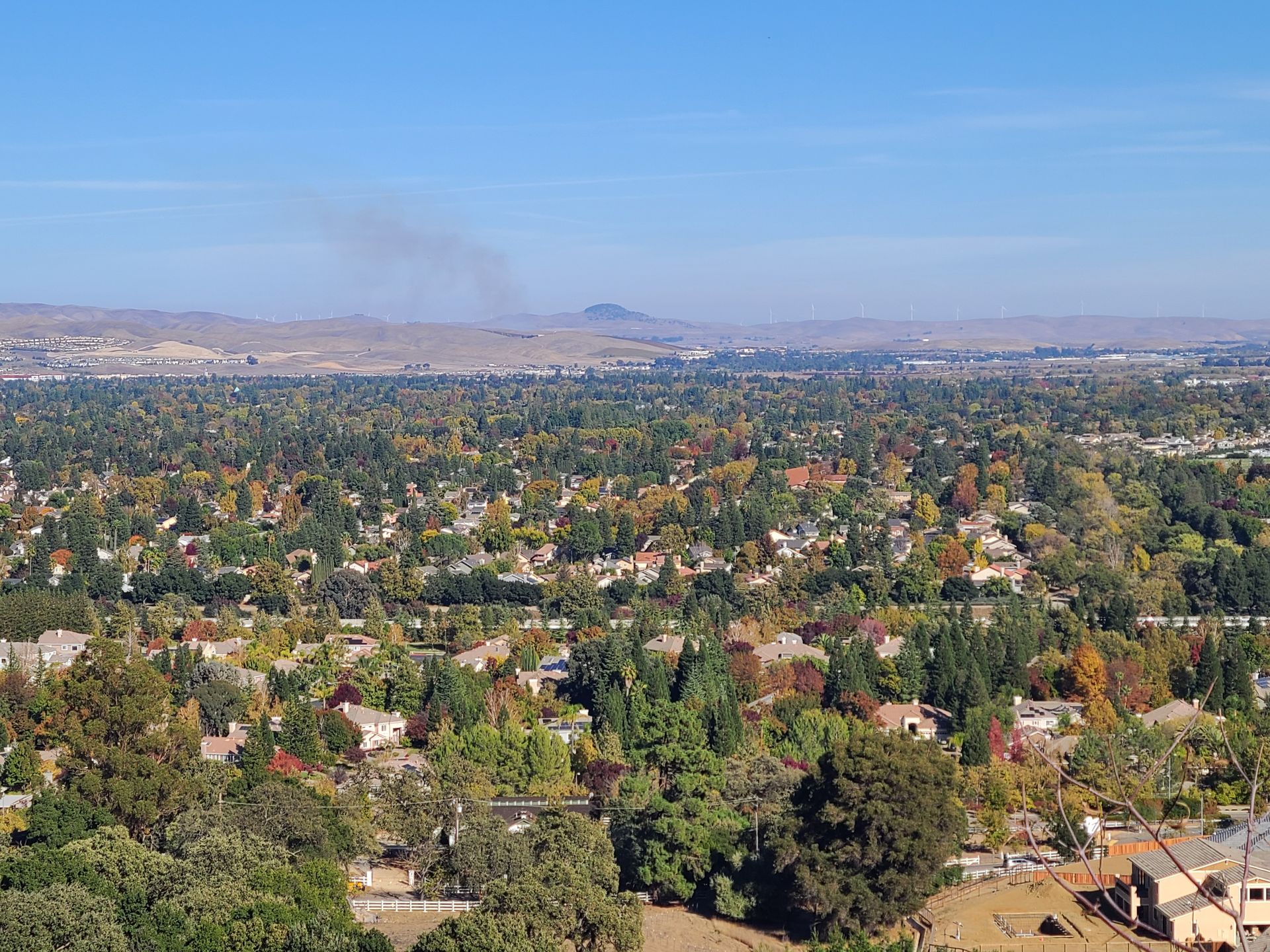
The California Insurance Crisis: What’s Happening?
California’s insurance market is under immense pressure. After back-to-back years of record-breaking wildfires, several major insurers have either stopped issuing new policies or have left the state altogether. According to recent reports, companies like State Farm and Allstate have limited their offerings due to unsustainable losses. Homeowners are being forced into the state’s insurance of last resort, the California FAIR Plan, which offers minimal coverage at higher rates.
This exodus from the private insurance market isn’t just a California problem. It’s a symptom of a larger trend affecting other states prone to extreme weather, such as Florida and Louisiana. As these events become more frequent and severe, insurance companies are reassessing risks and profitability, leaving more homeowners vulnerable. Click on the link below for more information on the insurance crisis in California:
How ICF Construction Addresses Insurance Challenges
ICF construction is uniquely positioned to address these challenges by providing homes that are naturally resistant to the types of disasters that are driving up insurance costs. Here’s how:
Fire Resistance: ICF walls are constructed from layers of concrete sandwiched between insulating foam. This configuration makes them far more fire-resistant than traditional wood-frame construction. In fact, ICF walls can withstand direct flames for up to four hours without collapsing. This is crucial in wildfire-prone areas like California, where a single spark can devastate entire communities. Building with ICF could make a home more appealing to insurers, who prioritize structures with enhanced fire resilience.
Wind and Storm Durability: ICF homes can withstand wind speeds of up to 250 mph, making them highly resistant to hurricanes and tornadoes. This feature is particularly valuable in coastal states like Florida and Louisiana and midwestern states like Missouri and Arkansas, where severe storms are a leading cause of damage claims and rising premiums. By opting for ICF, homeowners can potentially reduce the risk of wind damage, making it easier to secure affordable coverage.
Flood Resistance: Unlike wood, ICF materials do not rot, warp, or degrade when exposed to water. For homeowners in flood-prone areas, this means fewer worries about structural integrity following water exposure. Lower susceptibility to flood damage can also translate into better insurance terms, as it mitigates one of the most common and costly hazards. At ICF Walls of the Ozarks, we have additives in our footer that prevents any water from entering into it preventing rising damp.
Earthquake Resilience: ICF homes are also highly effective in areas prone to seismic activity. The reinforced concrete core provides strength and flexibility that traditional building materials lack, reducing the risk of catastrophic structural failure. As insurers increasingly factor in seismic risk, especially in states like California, this resilience can result in lower premiums.
Why Insurers May Prefer ICF Homes
As insurance companies adapt to a changing risk landscape, they’re looking for safer, more resilient homes to insure. ICF homes meet this need by offering durability, fire resistance, and the ability to withstand natural disasters better than conventional homes. This can make them a more attractive option for insurers, who may offer lower premiums for structures with a reduced likelihood of damage.
Furthermore, because ICF homes typically incur less damage during disasters, the cost of rebuilding and claims payouts is lower. This lower risk exposure can help stabilize the insurance market, making it easier for companies to operate profitably in high-risk areas. As more homeowners and builders turn to ICF construction, the hope is that insurers will begin to offer more favorable policies for these high-performance homes in Rogers, AR.
How ICF Construction Simplifies Securing Affordable Home Insurance
When it comes time to secure home insurance for your new ICF home, you’ll likely find it’s an easier process compared to traditional wood-frame structures. Insurance providers can look favorably on ICF construction due to its enhanced safety features. These characteristics can translate into more favorable insurance terms, including potentially lower premiums.
Insurers appreciate that ICF homes have a lower likelihood of damage in the face of natural disasters, meaning reduced risk for them and added peace of mind for you. In high-risk areas especially, choosing ICF can make securing insurance both easier and more affordable, helping you protect your investment long-term.
Building for the Future: ICF as a Long-Term Solution
The insurance crisis is forcing homeowners, builders, and insurers to rethink what makes a home safe and insurable. Traditional building methods that were once the standard are now liabilities in many regions, leaving people with expensive policies—or no policies at all.
ICF construction provides a forward-looking solution that addresses not only the current challenges of the insurance market but also the broader issue of building homes that can withstand the unpredictable climate patterns of the future. By choosing ICF, homeowners are investing in a structure that minimizes risks, protects families, and, ideally, reduces the stress of securing affordable insurance.
For anyone facing rising premiums or an inability to secure coverage, now is the time to consider the benefits of building or retrofitting with ICF. It's not just about protecting your home; it’s about designing homes that are built to last!
Service Areas
CONNECT
HOURS
Mon - Fri: 7am-5pm
Sat & Sun: Closed
© 2024 ICF Walls of the Ozarks All Rights Reserved
